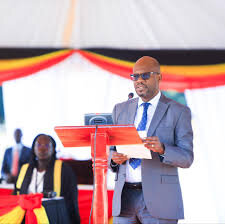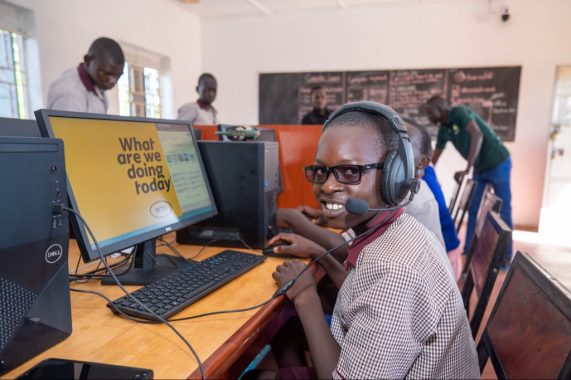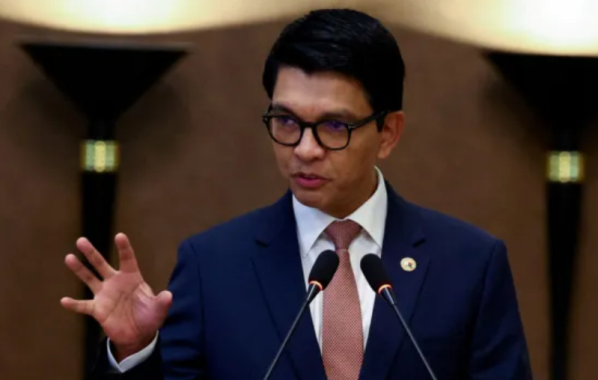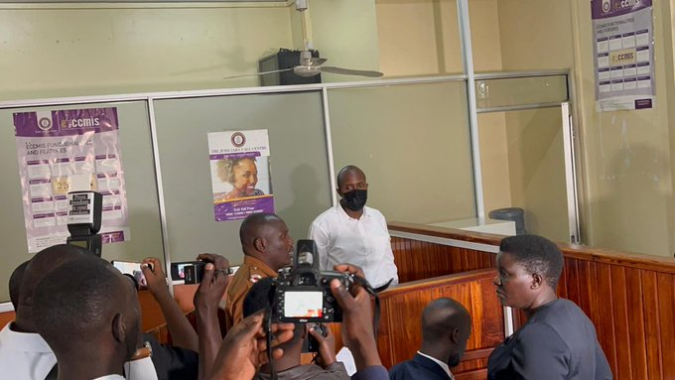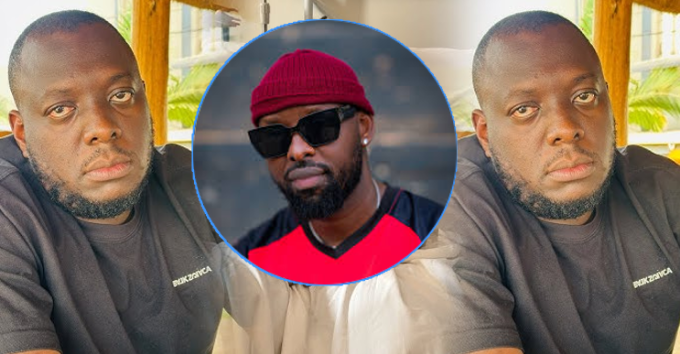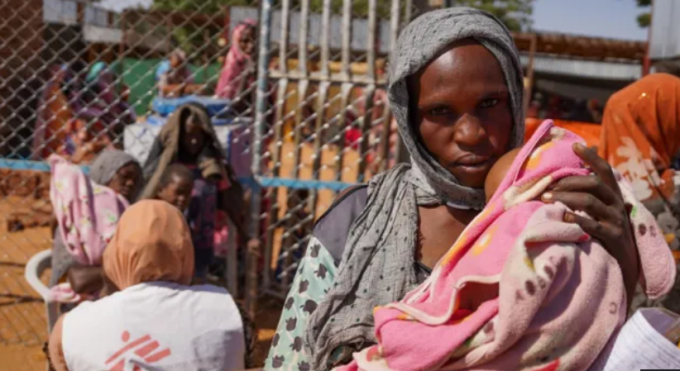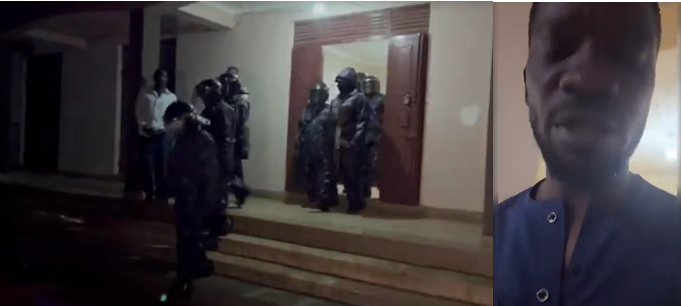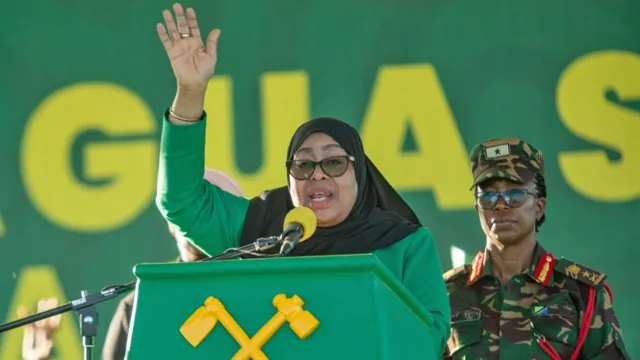Parliament has granted Democratic Party’s Richard Lumu (Mityana South) leave to present a Private Member’s Bill that seeks to alter how Opposition leadership is elected within Uganda’s Parliament.
The proposed legislation, Administration of Parliament (Amendment) Bill 2024, if passed, would allow all Opposition Members of Parliament (MPs) to participate in the election of the Leader of Opposition (LoP) and Chief Opposition Whip, rather than these positions being appointed by the main Opposition party.
Lumu, in his presentation, questioned the logic behind exempting these key positions from democratic election, he gave examples of Catholics electing the Pope, Ugandans voting for a President, and MPs choosing a Speaker. The lawmaker stated that the current practice contradicts the democratic principles the Opposition claims to uphold.
“It is important that the pillar of democracy, which is election, should actually be done by us, the Opposition, who are about to take power. We need an election, clear, in the Opposition. Section 8 of the Administration of the Parliament Act Cap272 provides for the election of the Leader of Opposition by the party in Opposition having the greatest numerical strength in Parliament. The Rules also say that other parties should be consulted; my Party has never been consulted on that whenever there is a new or other Leader of Opposition,” Lumu asserted.
National Unity Platform’s (NUP) Michael Kakembo (Entebbe Municipality) seconded Lumu’s motion, arguing that allowing Opposition MPs to elect their leader would foster unity and mutual respect within their ranks.
“I am convinced that this move is going to give us more unity as the Opposition, and respect for each other. Let us vote for our leaders, what is wrong with that? I am standing here to second this motion in good faith; it will help us, it will build us more because unity of the Opposition means strength of the Opposition and respect for each other,” Kakembo said.
Speaker Anita Among ruled in favor of Lumu, allowing the Bill to move forward. She, however, reminded the MPs that they could reject the Bill at the second reading if they opposed it.
“Much as we are sitting in Gulu, this is a normal sitting. And as I said, let us not act in anticipation; there is no fight. The law isn’t made for one person. Today I may be the Leader of Opposition, tomorrow another person will be the leader, but I don’t see any fight in this thing, and you can reject it when it comes to the second reading. We shouldn’t deny a member his right which is enshrined in the constitution,” Among remarked.
Tensions within the Opposition have also risen over the decision to boycott upcoming regional parliamentary sittings, a move spearheaded by the current LoP, Joel Ssenyonyi.
Lumu, who has been vocal about the lack of consultation within the Opposition regarding this decision, recently called for a meeting to resolve internal disagreements. In his letter to Ssenyonyi, Lumu criticized the process, noting that it was made without consulting all opposition members, leading to a lack of consensus.
“They sat as a cabinet and resolved the matter without consulting all opposition members of Parliament, which is not right. Some opposition MPs I’ve spoken to are inclined to attend these meetings but are hesitant to express their views,” Lumu wrote.
He also raised concerns about the potential consequences of boycotting the regional sittings, warning that the government might exploit the absence of opposition members to push through items on the order paper that could advance its agenda without adequate scrutiny.




